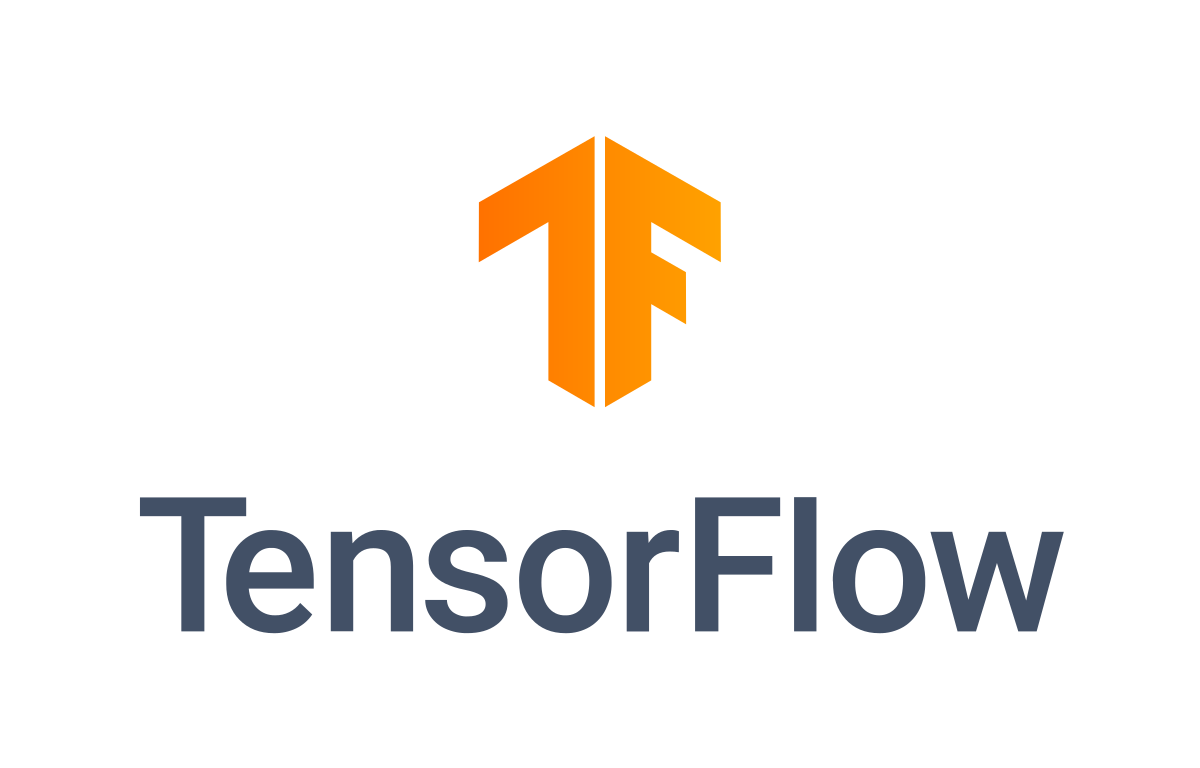AI Master Course
Unlock the Power of AI with Our Live Training
Unlock the Power of AI with Our Live Training
Join our AI live training program and receive hands-on training from industry professionals. Our program is designed to equip you with the skills and knowledge you need to become an AI expert.
Our AI Live Training Program is designed to help beginners and professionals learn the fundamentals of Artificial Intelligence (AI) and Machine Learning (ML) through interactive online sessions led by experienced instructors. Our program is tailored to provide you with a comprehensive understanding of AI, covering everything from the basics to the latest cutting edge advancements in the field of Artificial Intelligence.
Our AI Live Training Program is taught by experienced instructors in the field of AI. They will guide you through a comprehensive tailored curriculum designed by the team, that covers everything from the basics of AI to the latest cutting edge advancements in the field of AI. You will learn how to use the latest tools and techniques in AI to solve real-world problems and create intelligent systems.

In this case study, you will learn how AI can be used to analyzing medical images and diagnosis. You will work with real medical images and learn how to train an AI model to identify in detecting tumors or lesions.

In this case study, you will learn how AI can be used to analyzing medical images and diagnosis. You will work with real medical images and learn how to train an AI model to identify in detecting tumors or lesions.

In this case study, you will learn how AI an ML can be used in Text based analytics and classification. You will work with real world datasets and learn how to analyze, clean, feature engineer and train an model on to classify the data.




















The AI Live training course is a comprehensive training program that covers the basics and advanced concepts of Artificial Intelligence and Machine Learning. The course includes live sessions, hands-on projects, and interactive discussions to provide a comprehensive learning experience.
The AI Live training Course is suitable for professionals, students, and anyone who wants to learn about AI and ML. It is ideal for individuals who want to start a career in AI or want to enhance their knowledge in this field.
The duration of the AI Live training Course is ideally 12 Months. Some batches may spill over for a few days or a few weeks.
The training is conducted online, through live sessions, interactive discussions, and hands-on projects. Participants can attend the sessions from their own location and interact with the instructor.
Prior experience in AI or ML is not a mandate, but would be an advantage if you have idea on that. Participants should have basic knowledge of mathematics, programming, and statistics.
Yes, upon successful completion of the Course, participants will receive a certificate of completion.
Yes, participants are encouraged to ask questions during the live sessions and interactive discussions. The instructor will be available to answer your questions and provide additional guidance.
Not a member yet? Register now
Are you a member? Login now